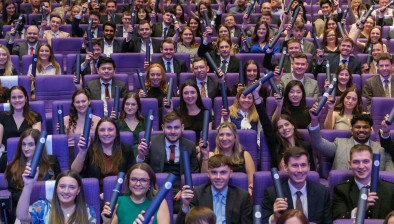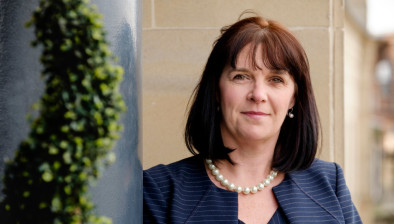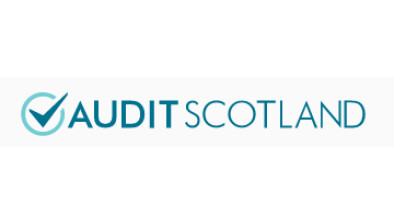ICAS: Scottish tourist tax must avoid placing burdens on businesses

The Institute of Chartered Accountants of Scotland (ICAS) has said that the burdens on businesses in the tourist industry arising from the implementation of the Transient Visitor Levy (TVL) must be kept to a minimum.
The ICAS submission was prepared by the ICAS Tax Board which represents the views of chartered accountants working across the UK and beyond.
Justine Riccomini, ICAS head of taxation (Scottish Taxes, Employment & ICAS Tax Community), said: “ICAS has been involved in the policy talks of implementing a TVL with the Scottish Government since the idea was first mooted. The ICAS response to the consultation focuses on the operational tax aspects of such a levy.”
“Burdens on businesses in the tourist industry, which will be relied upon to collect the levy, need to be kept to a minimum. The additional associated costs for the public sector must also be considered to ensure that the funds raised via the levy outweigh the costs of collection.”
The ICAS response states that any levy ought to be based on a broad national policy. However, local rate-setting should be permitted as befits each area according to its circumstances. This should help provide ease of operation for businesses and prevent confusion amongst stakeholders and taxpayers, whilst allowing local authorities discretion in the amounts charged.
Importantly, the levy must also operate in such a way that Scotland is seen, and experienced, as a welcoming place to visit.
Earlier this week, The Highland Council approved the findings of a public consultation supporting the introduction of a Highland Transient Visitor Levy and committed to further work to develop an optimal scheme for Highland.
Almost two-thirds (65.1%) of all respondents to an online survey were in favour of a Highland TVL although this varied between businesses, residents and visitors.
Inverness Chamber of Commerce responded to Highland Council’s vote on Monday.
Stewart Nicol, chief executive of Inverness Chamber of Commerce, said: “We are bitterly disappointed at the council’s decision. This sends out a potentially damaging message to visitors who wish to come to the Highlands but may now decide to go elsewhere.
“Imposing a local tax on visitors gives a clear statement that this area will be more expensive than others to visit. It will almost certainly influence where visitors will choose to stay and also be an additional layer of complexity to local taxation which could deter inward investment.
“The tourism sector is already facing unprecedented challenges with recruitment and retaining of skilled staff, a situation critically exacerbated by the prolonged and damaging uncertainty around Brexit.
“The sector has been under significant cost pressure in recent years, particularly around business rates. Regardless of how the levy is framed, this would act as a further unwelcome tax on this hard-pressed sector.”










